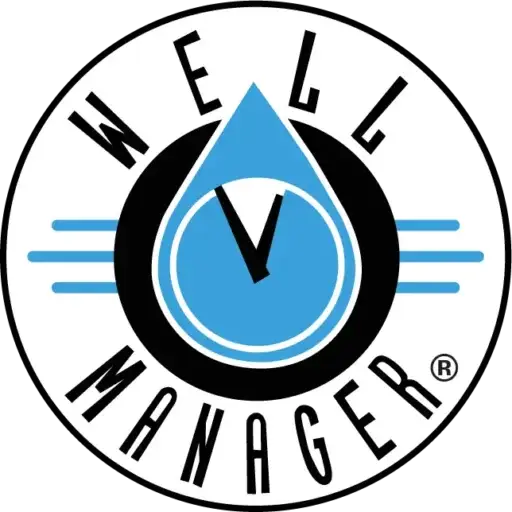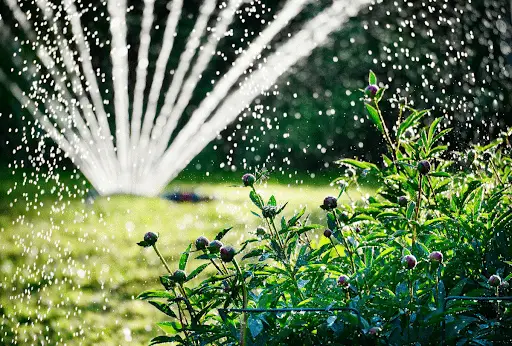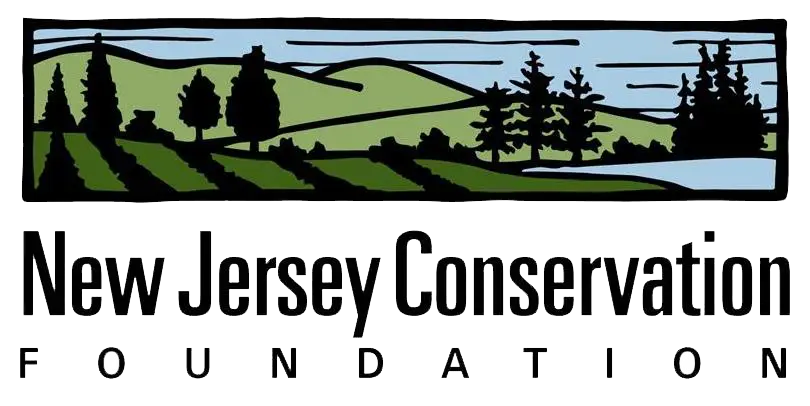Do you know how much water you use on a regular day? It’s not a question that many people think about. Still, because of how many of the appliances in our home require clean water to function properly, we must understand our water consumption habits so that we can save water for future generations. Here’s an overview of what appliances use the most water, what can influence our habits, and some steps which can be taken to reduce our water usage.
Water Consumption and Usage Statistics
Because many people have grown accustomed to using water throughout their daily life, it can be easy to forget how much of it is regularly used. While the exact amount will vary greatly from person to person, it is estimated that individuals in the United States roughly use between 80 to 100 gallons of water every day. Around 18.5 of those gallons are used for flushing toilets, 15 gallons help washing machines clean clothes, and showers account for 11.6 gallons per person on average.
Factors That Influence Water Usage Habits
There are many factors that can influence water usage habits. For example, the number of people living in your household can increase water consumption considerably, with many families using over 300 gallons of water every day on average. Toilets alone account for 55 gallons over the course of a single day for families, with an average of 5 gallons used per flush.
The number of people living outside your home matters as well. Areas with higher populations correlate to higher water consumption in their given area. This is especially true for regions that have experienced population growth in recent years, as they have recorded a significant increase in water usage compared to other locations.
Some factors that influence water usage habits are outside human control, as numerous environmental changes can lead to increased use. During the hot summer months of the year, when homeowners want to properly maintain their gardens and lawns and keep their swimming pools filled, water usage reaches its peak. Heatwaves and droughts can also leave an impact, as they will lead to a decrease in the area’s suitable drinking water.
Why We Should Save Water
Although a large portion of the planet consists of water, not all of it is sanitary and clean for drinking or washing dishes. Further, if less water is preserved, then less of it will return to the environment for animals to use. As a result, we must strive to reduce our water consumption and adopt sound water conservation habits for the well-being of both humans and the ecosystem.
Many contemporary and modern appliances, from washing machines to toilets, have been designed so that they require less water to use than older models. Some water agencies in certain locations throughout the country offer rebates as an incentive to homeowners who install these water-efficient appliances in their homes. Additionally, several local governments in the United States have enacted laws that specify how much water is allowed to flow through appliances in a given amount of time.
Apart from purchasing eco-friendly appliances, there are several ways that you can save water by being more conscious of your water usage habits. For example, because water evaporates more quickly in hot weather, consider watering your garden in the morning when it’s colder out. Also, only use your washing machine for full loads of laundry so that you’re using as little water as possible.
If you encounter water problems in your home, it may be because of low water pressure. Should that be the case, you can always count on Well Manager to help you install new features into your water well. We offer and install numerous products, from well water storage tanks to well water pressure booster pumps, so reach out to us today for all your well water needs.
Related Reading
- More People Are Working From Home: Is Your Well System Ready For the Demand?
- WATCH: Getting Your Well Ready for the Holidays
- Combating Low Yields During COVID-19: Getting the Most out of Your Well While You’re Spending More Time at Home
- Will My Low-Yield Well Meet My Family’s Water Demands
- Who Used All the Water?!?!—Understanding Your Well Recovery Rate


